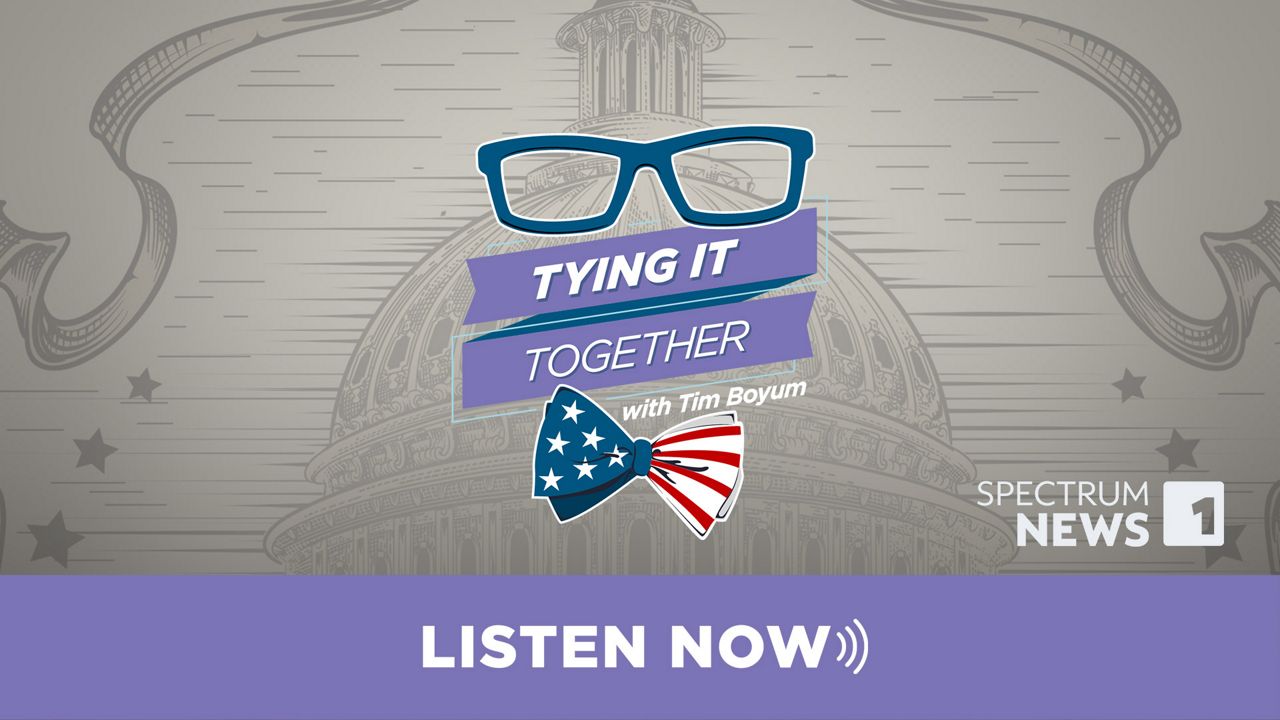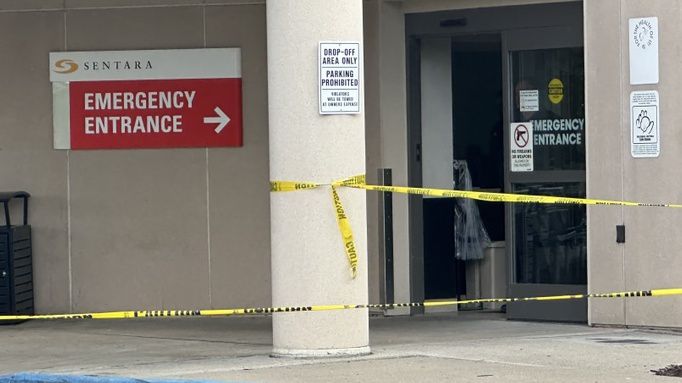CHARLOTTE, N.C. — March madness is right around the corner, but this year's NCAA tournament offers a different experience for sports fans.
North Carolina residents can now legally bet on sports games.
Eight operators have gone live, which means people can make bets on their cellphones.
Economic and betting experts project the legalization will generate lots of economic benefits for North Carolina.
But not everyone is thrilled about the prospects of sports betting.
Sean McKeever is a professor of philosophy at Davidson College, and one of his classes is philosophy of sports.
McKeever says legalized mobile sports betting is a risky gamble.
"Everyone's excited because it's a brand-new thing," McKeever said. "Our current excitement is great but we also need to be calm and think about what the effects are as they happen. We're not going to know the effects of this law for months and even years. I think people need to hold on and not be too quick to assume, it's a great thing or a terrible thing. We just have to wait and see."
McKeever says someone betting on an NCAA tournament game itself isn't destroying the game. Rather, he's concerned about how sports betting leads to gambling situations that could affect the integrity of sports.
"Historically, we know gambling can sometimes have a corrupting influence on sports," McKeever said. "It can lead to games being fixed."
McKeever cites the 1919 Black Sox scandal.
According to the Library of Congress, gamblers were responsible for paying several Chicago White Sox players to throw the World Series game.
Several White Sox players admitted to participating in the scandal, and eight were indicted on conspiracy to defraud the public charges, according to the national research library.
A jury found the players not guilty, but they were banned by the national baseball commissioner from playing professional baseball again.
"That was a threat to the whole enterprise of baseball," McKeever said. "I mean, we went back 100 years, but in the late 1970s, Boston College was involved in a point shaving scandal. So there's nothing that makes college sports immune from these forces."
College athletes now are able to make money off their name image and likeness, but McKeever worries that sports betting could jeopardize it.
"If you have a player whose teammates are making six figures though NIL and they're making nothing, and someone involved with gambling comes and says, 'hey, we'll give you some money to miss some free throws,' that [may] look like a tempting offer to that person [and] that would be a tragedy," McKeever said.
McKeever urges everyone to learn more about the pros and cons of mobile sports betting.
"One thing I think people should do is see a distinction between betting on sports and betting in a casino or betting in a home poker game," McKeever said. "The reason why I think we should think about them differently is because sports is an independently valuable activity."
"The NCAA Tournament coming up [will] be exciting and a great event. The players and fans would be passionate about it, even if no betting was happening," he said. "But no one would [likely] go to casinos or spend time there if they couldn't win or lose money."
McKeever says he hopes fans will continue to look at evidence and evaluate how gambling affects college sports.
"I'm always for taking things slow," he said.










